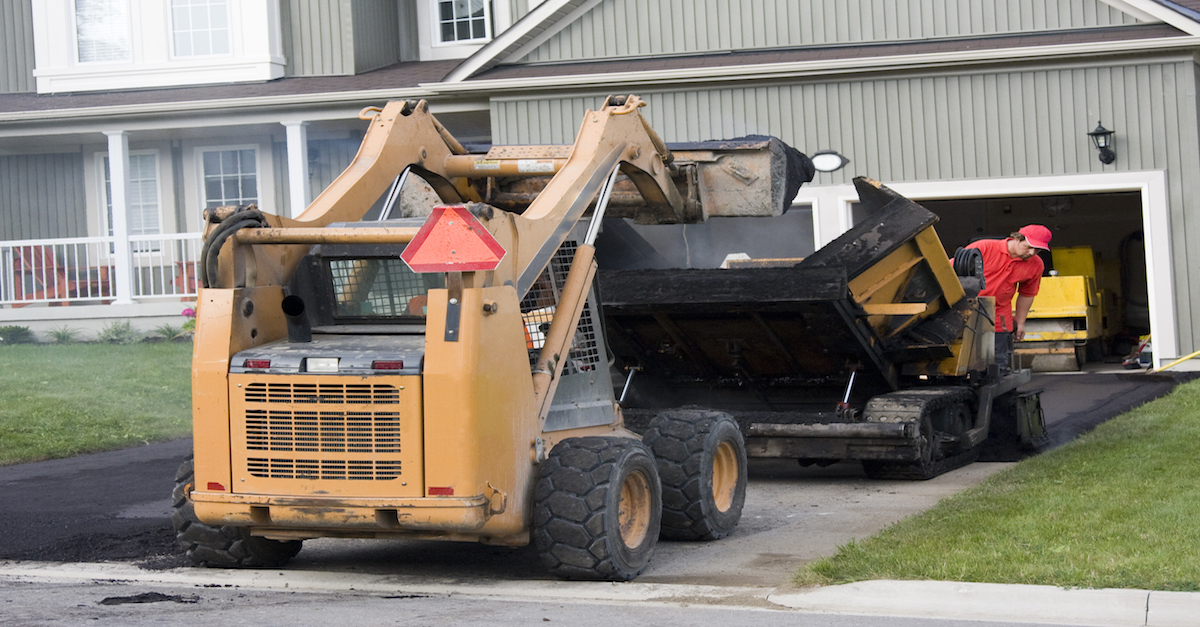
Signs That Your Driveway Needs to Be Repaved
Asphalt is a popular choice for paving driveways. It’s an environmentally-friendly material that can be recycled and is unlikely to cause damage to vehicles. Asphalt also lasts for decades and can enhance your home’s curb appeal, but eventually, it may show signs of wear or damage. If you notice any of these problems, they should not be ignored.
Visible Signs of Damage
If your driveway is cracked in one or more places, you should have a professional inspect it. Even if the cracks don’t seem like a big deal, they can expand. A cracked driveway can cause damage to vehicles and increase the risk of a person falling and getting injured, particularly at night or when guests visit.
Wear and tear from vehicles driving over asphalt can cause potholes as the ground becomes weak and cracks. If your driveway has several potholes, the surface may not be strong enough to support the weight of vehicles. Rain and water from melted snow can settle in the holes and cause them to expand, which can lead to serious injuries or damage to vehicles. If your driveway has potholes, it most likely needs to be repaved soon.
If your driveway’s surface is uneven and covered with bumps, that means it has structural damage below the surface. Contact a professional to have the driveway inspected.
Sometimes an old driveway will begin to crumble. If the pavement is eroding, that is a clear sign that the driveway needs to be repaved before the problem gets worse.
Since asphalt is porous, it should be able to filter water and allow it to enter the ground below. If water is pooling or running off the driveway in a stream, that needs to be addressed as soon as possible. If it isn’t, you could wind up with a serious drainage problem that affects your entire property.
Have Your Driveway Inspected
The last thing you want is for a family member or visitor to fall and get injured on your driveway or to suffer damage to a vehicle. If you notice cracks, potholes, bumps, erosion or drainage issues, it’s most likely time to repave your driveway. That can be a significant expense, but it can prevent many more serious and expensive problems later.
Even if there’s no visible damage to your driveway, there could be some that is hidden. The foundation may have broken down over the years, and you will see damage on the surface sooner or later. If your driveway was paved 20 or more years ago, or if you’re unsure of its age, you should have it inspected. A professional can let you know if it needs to be repaved. If it’s currently in satisfactory condition, it can still be helpful to know approximately how many years of use your driveway has left so that you don’t wind up with a costly and unexpected project.



